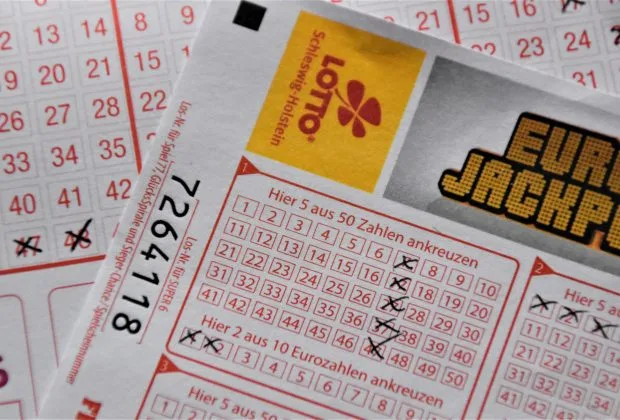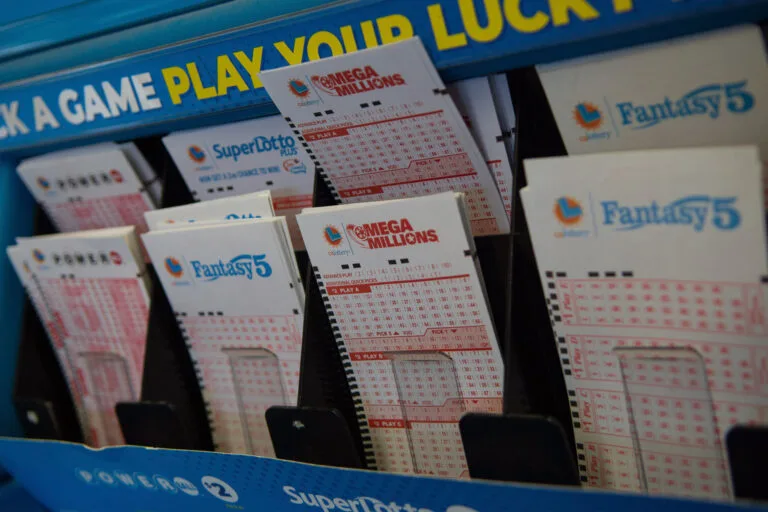
The Psychology of Lottery Players: Why We Chase the Dream
The allure of the lottery is undeniable. With just a small investment, it promises the dream of a life-changing jackpot. But what compels millions to participate in a game with odds stacked against them? This article delves into the psychological mechanisms that fuel the universal appeal of the lottery, offering insights into why we are drawn to chase the dream.
The Hope Factor
At the heart of lottery play lies the power of hope. The lottery offers a unique blend of anticipation and excitement, allowing players to dream of a future filled with possibilities. It’s this vision of an alternate reality, where financial worries are a thing of the past, that keeps players coming back.
Hope, as a driving force, taps into our deepest desires for a better life. The mere act of purchasing a lottery ticket ignites a series of mental simulations, where players vividly imagine the impact of winning on their lives, from paying off debts to securing a comfortable future for their families.
The Cost of Dreaming
For many, the lottery is an accessible form of entertainment, a low-risk investment in a dream. The relatively small cost of a ticket is outweighed by the potential of a massive return. This cost-benefit analysis, albeit skewed by the slim chances of winning, illustrates why the lottery is often referred to as a ‘tax on the poor.’
Despite the odds, the psychological benefit of hope and the joy of daydreaming about a better life can provide a valuable escape from the mundanities or hardships of daily life. For some, this escape is worth the price of admission.
Societal and Cultural Influences
Cultural attitudes towards gambling and the lottery vary significantly around the world, yet the fascination with the lottery is a near-universal phenomenon. Societal norms and media representations of lottery winners can amplify the allure, portraying the lottery as a legitimate pathway to wealth.
In many cultures, stories of lottery winners are celebrated, reinforcing the idea that fortune can favor anyone. This narrative of luck and chance resonates deeply, encouraging a collective engagement in the lottery as a shared social experience.

The Role of Cognitive Biases
Understanding the lottery’s appeal requires a look into cognitive biases that distort our perception of odds and probabilities. The ‘availability heuristic,’ for example, leads us to overestimate our chances of winning based on the highly publicized success stories of lottery winners.
Similarly, the ‘optimism bias’ convinces us that we, too, can defy the odds, despite the statistical improbability. These biases, rooted in our psychological makeup, skew rational judgment and fuel the dream of winning big.
Psychological Benefits and Drawbacks
Participating in the lottery isn’t without its psychological benefits. For many, it’s a source of hope, excitement, and a temporary escape from reality. However, it’s essential to approach lottery play with awareness, recognizing the low probability of winning and the potential for it to become a harmful habit.
Responsible play is key, with a focus on moderation and the understanding that the lottery should be treated as a form of entertainment, not a financial strategy.
Understanding Our Lottery Dreams
The lottery’s appeal is complex, intertwined with hope, desire, and the human inclination towards risk-taking. By exploring the psychological underpinnings of why we chase the lottery dream, we gain insights into not just our behavior around gambling, but also the broader aspects of human nature and aspiration.
